The Courses
Check out the various courses we offer
The Theme of EPICC
Self and Teams
This objective assists the learner is discovering their role within a team and how they communicate within those teams.
Planning Care
This objective relates to the planning around the care of the Emergency Department patient. Care planning focuses on the identification of problems, objective outcome measures and planning steps for achieving the outcomes.
Search for Failure Points
Learning from other high-stakes industries, the approach to every situation seeking out gaps in care or communication to ensure the safest patient care possible.
Course Development History
High Technology? ...or High Fidelity?
It is important to understand the differentiation between high-fidelity and high-technology. High-fidelity is the realism of a situation, high-technology is the ‘fanciness’ of simulation mannikins. EPICC uses high-fidelity simulation and in some environments may incorporate high-technology mannikins. EPICC uses evidence-based learning and assessment methods to fully engage the adult learner. Theoretical content is learned online before attending the courses. The courses use mixed learning methods of small and large group case studies and simulation – there is no powerpoint-style learning at the attended sessions. We believe in leveraging the “community”…when everyone is together at a course, we believe that learners should be interacting, not watching lectures.

